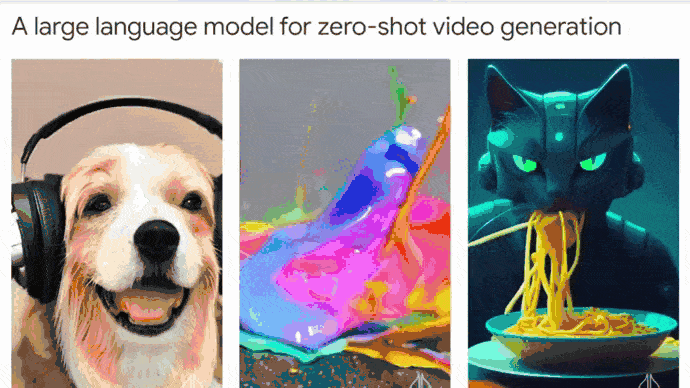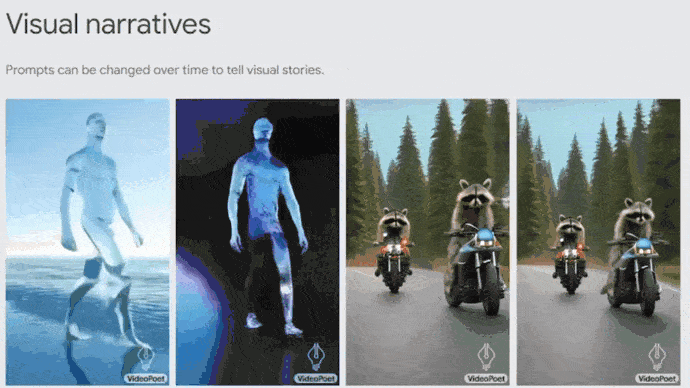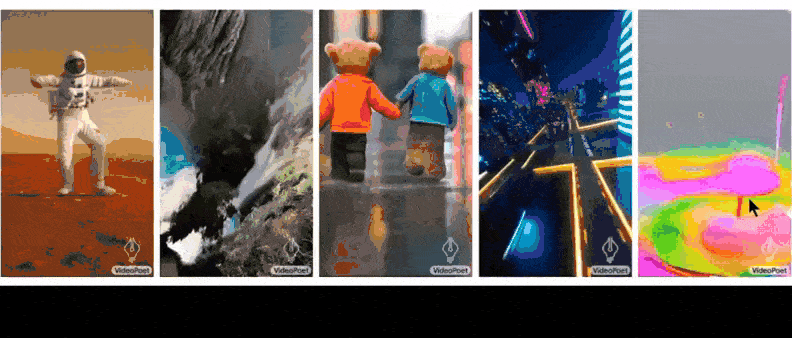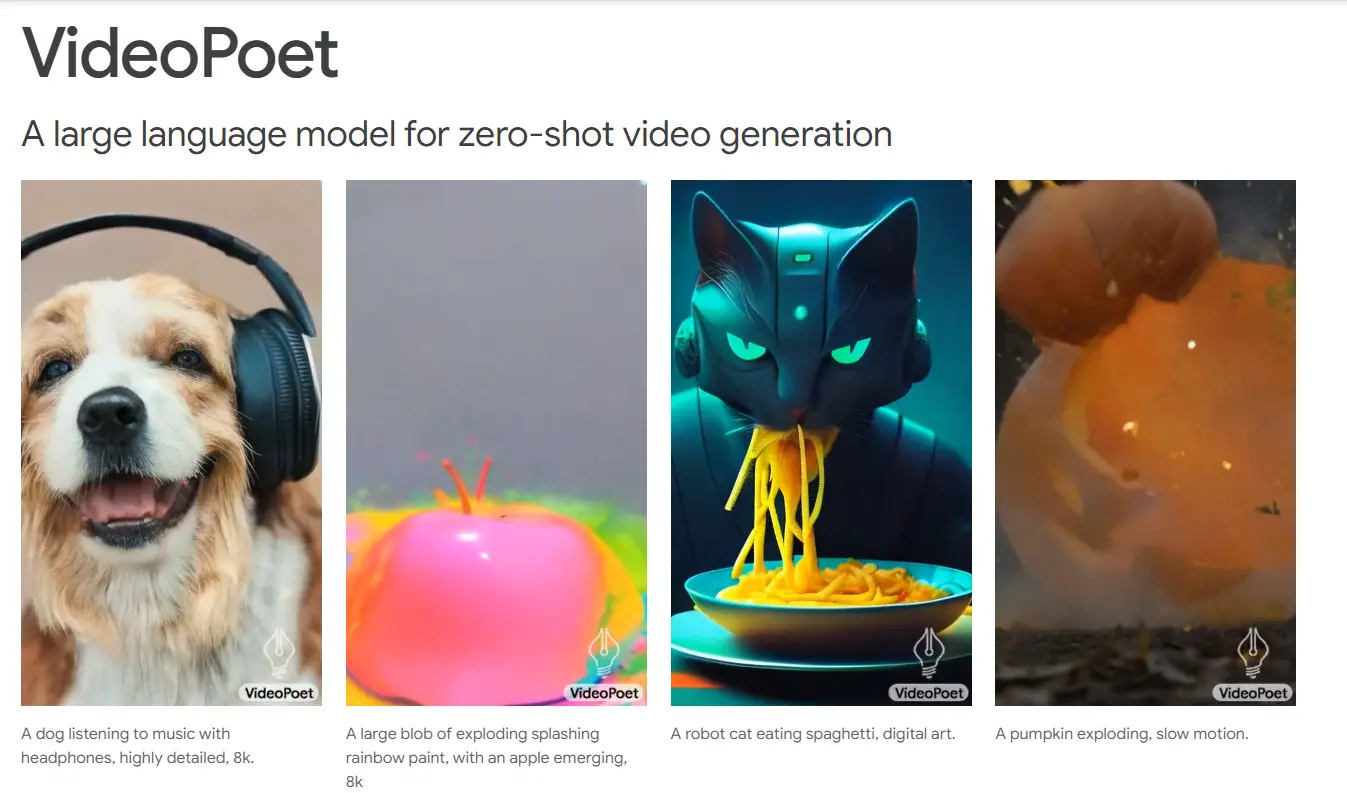Google has introduced an impressive new artificial intelligence system called VideoPoet that can automatically generate high-quality videos from text captions and descriptions.
VideoPoet demonstrates how AI is becoming increasingly adept at creative tasks like generating images, audio, and now video content.
What is Google VideoPoet?
VideoPoet is a text-to-video generation model developed by Google Research. It produces original, realistic videos that match text input with coherent visuals. The AI tool allows users to create, edit, and stylize videos using just text prompts, images, and existing video files.
According to Google’s announcement, VideoPoet is the first model capable of generating videos that align well with textual descriptions of events, actions, and scenes. It showcases major advances in multimodal AI that link language concepts to visual representations.

Key Capabilities of Google VideoPoet
Some examples highlighted by Google show VideoPoet generating short videos of a child painting from a simple text prompt. Another example instructs it to “make a funny video of a baby wrestling with a grape.” VideoPoet produces creative videos that align with this input.
While focused on short clips for now, the model shows the ability to follow narratives, portray actions, and adapt visuals to text cues. According to Google, it could someday create longer-form videos based on long text input or even generate videos from scratch with no prompt at all.
VideoPoet has several key capabilities that unlock new levels of video creation and editing:
Text-to-video generation
Users can give VideoPoet a text prompt like “a robot dancing in a neon cityscape” and it will generate a video from scratch based on the description.
Image-to-video animation
Static images can be animated and brought to life by feeding them into VideoPoet along with text prompts for movement and context.
Video editing and stylization
Existing videos can be edited and stylized using text instructions. Missing sections can be filled, videos extended beyond the original length, and artistic filters applied.
Audio generation
VideoPoet can even create suitable soundscapes and music to match the mood of generated videos.

VideoPoet In Action
Some examples highlighted by Google show VideoPoet generating short videos of a child painting from a simple text prompt. Another example instructs it to “make a funny video of a baby wrestling with a grape.” VideoPoet produces creative videos that align with the input.
While focused on short clips for now, the model shows the ability to follow narratives, portray actions, and adapt visuals to text cues. According to Google, it could someday create longer-form videos based on long text input or even generate videos from scratch with no prompt at all.
The Power of AI Video Generation
VideoPoet provides a glimpse into the future of AI’s creative potential. As these models continue to improve, they could become valuable tools for content creators, marketers, educators, and more in producing videos for any kind of informational or entertainment purpose.
Of course, there are concerns over how synthesized video technology could also be misused for creating misinformation and manipulation tactics. However, if developed responsibly, text-to-video models like VideoPoet demonstrate the enormous positive potential of AI systems.

How Google VideoPoet Works
VideoPoet uses a large dataset of narrated video clips covering diverse topics and scenes to learn associations between language and the visual world.
Given text input, the model identifies relevant video segments from its training data, then stitches these pieces together in the proper sequence while ensuring continuity of appearances, scenery, and actions.
The result is an artificial, but remarkably high-quality and coherent video that brings the text description to life visually. VideoPoet can even add music suitable for the generated video’s mood and genre.
Google VideoPoet Official Site
Current State and Future Outlook
VideoPoet is still under development by Google’s research team, but it’s already capable of impressive video generation and editing results. Google is constantly refining the model and working to expand its capabilities even further.
In the future, VideoPoet could allow anyone to easily create compelling video content in minutes using just text prompts and their imagination. It removes technical barriers and allows focus on storytelling and creativity. As the technology improves, VideoPoet may become an indispensable AI video editor and content creator.
